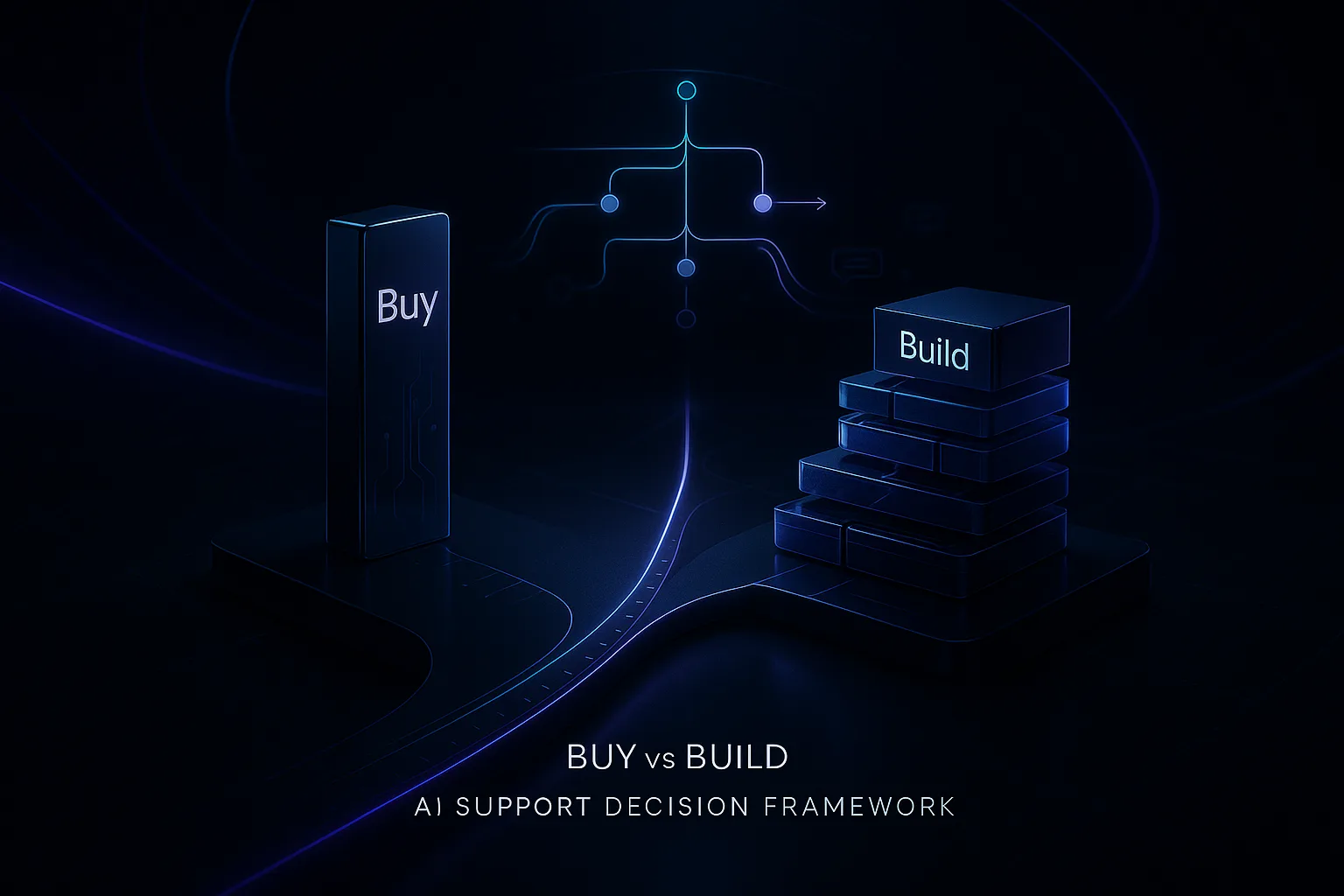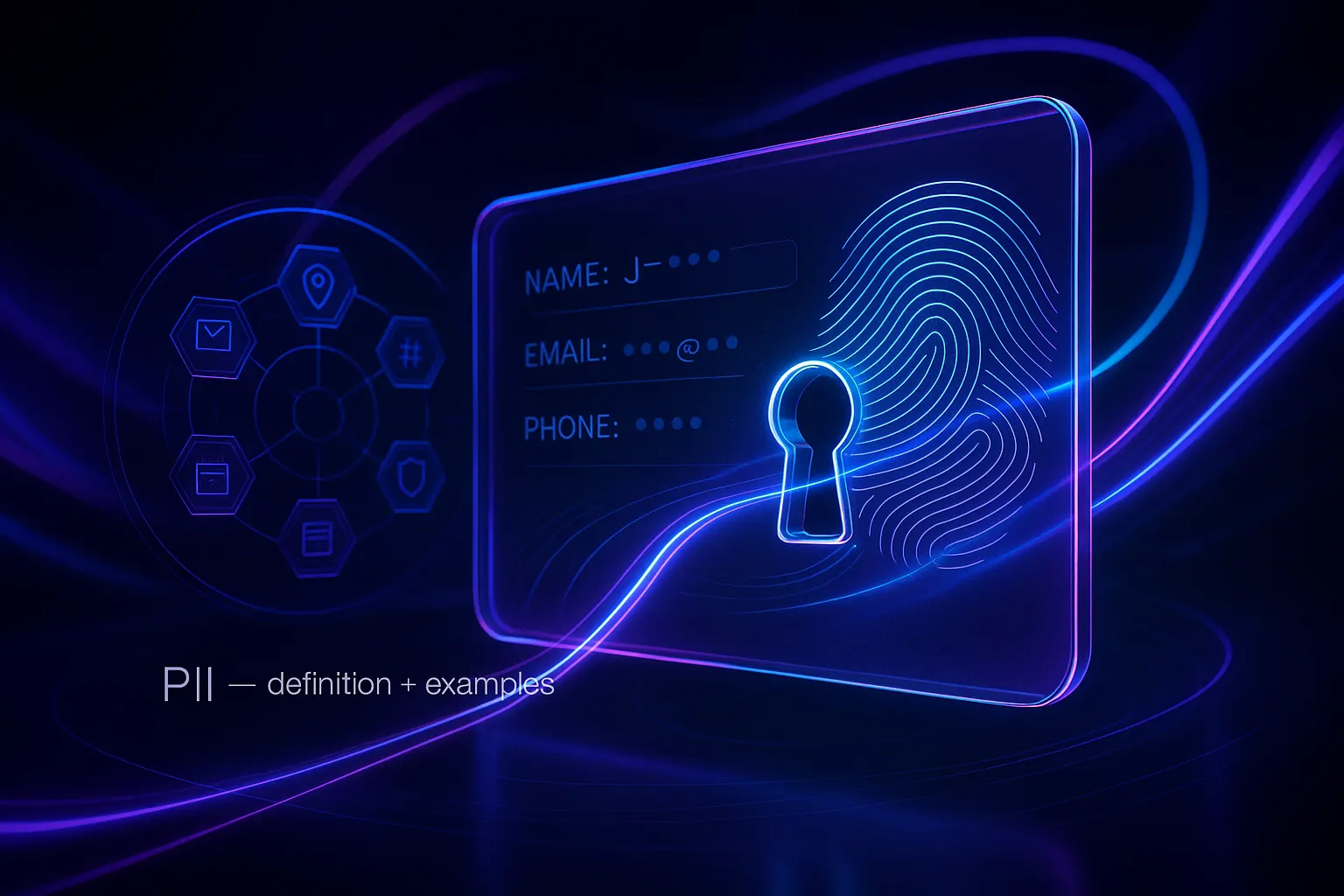This morning, I have already used three Google products (Android, Gmail, Google Search), one Meta product (WhatsApp), I’m using Microsoft Word right now to draft this post and doubtless some component of my digital activity has been facilitated by Amazon Web Services.
It would be impossible for me to function as I do today – working for a remote first company (fancy joining us?) – without Big Tech’s array of tools.
So there’s a tendency to think that the Tech Giants are unbeatable. And that anyone trying to compete is on a futile mission. After all, these behemoths have almost unlimited human resource and bottomless bank accounts. How can small companies possibly hope to build better products than them?
Well, as has been demonstrated in numerous examples throughout history, smaller groups have often defeated larger, better equipped ones. The classic David and Goliath story of rebel alliances defeating imperial armies is not going away.
How to beat Big Tech?
The answer lies in focus. Big Tech companies have become jacks of all trades but only masters of some. They have a lot on their plate; these companies must maintain and improve hundreds of products, whilst constantly building new ones. Whilst a start up or smaller company cannot be better at everything Big Tech does, it can be better at one thing, or in one geography, or one demographic.
Sometimes Big Tech moves first and the start up comes second. Sometimes the start up is the pioneer, and Big Tech follows later with its own – often superior, but sometimes inferior – version. The Google Graveyard – an obituary of hundreds of Google products that have been discontinued – demonstrates that Big Tech does not make a success of everything it touches. This should give hope to the little guys that beating Big Tech is indeed possible.
Here, we celebrate the start ups and smaller companies who took on Big Tech and won.
Google Gboard & Apple Keyboard Vs Typewise
Text prediction (also known as Smart Compose, Autosuggestion, Sentence Completion) is a growing trend. Right now, we only type at 10% of the speed of thought so there’s considerable ground to be gained here by writing assistants that enable faster, easier writing.
Neither Google nor Apple have yet nailed text prediction or autocorrect. Although the years of hilarious autocorrect fails appear to be in the past, there is still significant room for improvement. We (Typewise – a small, Swiss deep tech company) have built Google and Apple beating text prediction AI – and patented it. Expect the gap between Typewise and our Big Tech rivals to grow even greater in the coming months.
.png)
2. Google Flights vs Skyscanner
Skyscanner, a flight comparison tool was once a ‘secret’ site, known only to an underground network of savvy travellers. Born in the docklands of Leith, Edinburgh in 2003, it spent a decade under the threat of Google entering the market, which it did with Google Flights in 2011. Sceptics frequently prophesied the demise of Skyscanner once Google turned its (not) evil eye to the flight comparison market. But twenty years on – Skyscanner has become a Unicorn and shows no signs of losing its position as the world’s number one flight search engine.

3. Google Hangouts Vs Zoom
Zoom was one of the companies that benefited significantly from the pandemic years, when zooming became a verb. But the video conferencing platform has been around since 2011, two years before Google launched its Hangouts product, (and later its Google Meet video conferencing tool). By focussing tightly on just the right things, Zoom built a better product which became more popular and it continues to dominate, holding around 50% of the worldwide video conferring market, compared to Google’s 22%.

4. Amazon Fresh Vs Oda
Up in Europe’s north, Amazon is not number one in online grocery shopping and delivery. That title goes to Norway’s Oda (rebranded from Kolonial) which achieved Unicorn status in 2021. Oda is a good example of a company that used its knowledge of the local market to dominate before bigger players could get a foothold. Even the mighty Amazonians can’t launch in every country of the world at once, which leaves space for local companies – who know their terrain better - to get a first mover advantage. Oda has since expanded into Finland and Germany so are growing their regional dominance.

5. Google Translate Vs Deepl
Google Translate is pretty good. For the last two decades it has been the ‘go to’ translation tool and has helped billions of people decipher foreign prose. But there’s a new(ish) guy in town. Deepl Translator doesn’t (yet) offer the breadth of languages that Google translate does, but for the 26 languages it does support – it provides a superior (more accurate) translation than the big G. You can see a data comparison here.

6. Microsoft Teams Vs Slack
In previous roles I used Slack on a daily basis and loved it. I even once visited Slack HQ in San Francisco with my Dad, Dr Enigma (but that’s another story). Currently I’m using MS Teams and though it does the job, it’s just not as nice to use as Slack. Slack brought a joy to messaging whereas Teams brings frequent frustrations. The fact that Slack now has 10+ million daily active users demonstrates how they saw and exploited holes in Big Tech’s offerings and did the job better.

7. Coca Cola vs Irn Bru
Yes – I know this is not big tech. It’s not tech at all. It’s a carbonated beverage. But it’s worthy of inclusion to highlight the fact that it’s possible to beat the big guys when you focus tightly on your local or national market. Whereas in almost every other country in the world, Coca-Cola is the number one selling soft drink, in Scotland, it’s Irn-Bru – an extremely Scottish-branded, bright orange liquid – that’s Top of The Pops. This Braveheart beverage should provide inspiration to all start ups that beating bigger competition is possible.

The message here is: if you want to beat Big Tech – go small. Find the gaps in the current offering, find the local or national opportunities and then apply laser focus and do it better than the big boys.





